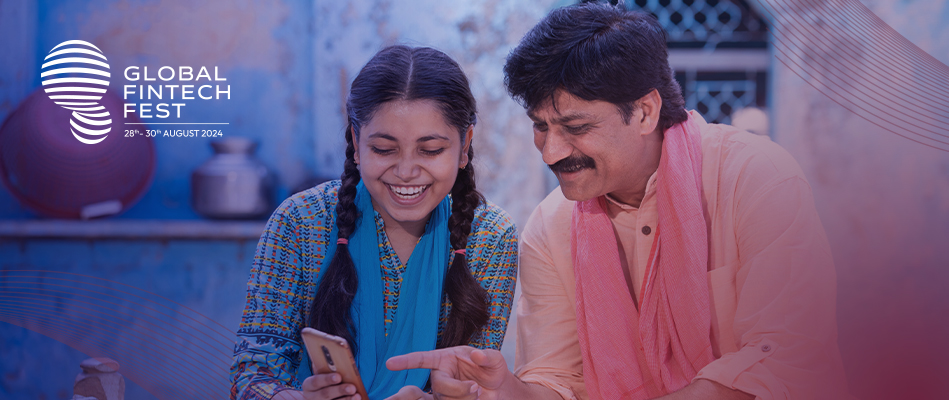
- May 08 2025
How Fintech is Revolutionizing Financial Inclusion and Challenging Old Theories
Introduction
Financial innovation In India has transformed access to financial services for all, especially the underserved. Let us take a closer look at how fintech is changing financial inclusion - challenging some antiquated theories and more importantly, explaining the significance of digital public infrastructure.
What is Financial Inclusion?
Financial inclusion seeks to empower persons at all levels of the economy, whether low-, middle-, or high-income, to have access to sound financial services. Historically, many people were left out of receiving such financial services and tools by the financial system, which was generally biased in favour of the better-off.
Financial Inclusion and the Cailian Effect
Initially developed by Richard Cailian in 1860, the theory suggested that "the rich get richer, and the poor get poorer." In other words, as people advance closer to the source of wealth, they tend to gain increasingly more, whereas people farther away lose out.
Does Cailian's Theory Still Apply?
Cailian's theory is increasingly becoming outdated in today's world. Fintech innovations are breaking down barriers that once surrounded the sphere of access to finances in society.
“Unlike the west, the important difference in this country it is democratization of finance and there is digital public infrastructure which is Plug and Play so we are not allowing monopolies to come up rich getting richer."
-
Mr. G Padmanabhan, Former Executive Director of the RBI, Senior Consultant at AZB & Partners
Here's why:
-
Digital Banking: With the advent of online and mobile banking, access to financial service for those who have limited, or no access previously is now possible.
-
Microloans: Microloans give people avenues for financing to those who otherwise have zero or very little credit record.
-
Financial Literacy Programs: Fintech companies are increasingly helping create to educational material so users understand how to use money properly, as a way of maintaining the momentum on inclusion.
Government Support to Entrepreneurs
“I think this country is full of entrepreneurial ability. We are $3.5 trillion economy today. By 2047, we will be a $35 trillion economy.”
-
Shri Piyush Goyal, Minister of Commerce & Industry at GFF 2024
Governments play a critical role in promoting the objectives of financial inclusion and ensure that full backing is provided to small-scale entrepreneurs and startups through various initiatives. Government-backed financial assistance programs enable people to start and scale up their businesses, providing a crucial safety net as well as a platform for growth.
The government also helps small holder farmer and the landless labourers through credit and financial services for building homes, supporting education through scholarships and other monetary benefits accessed directly in the mobile bank.
Other Indian Digital Innovations
India is at the forefront in terms of DPI adoption. UPI as well as the other digital innovations provides an experience stand as examples that other countries across the world can borrow for wider financial inclusion. As these digital infrastructures continue to develop, a far more inclusive global financial system will be within our reach.
Conclusion
Fintech is transforming access and management of financial services by doing away with old, time-honoured economic theories. The significant impact of fintech extends beyond traditional boundaries, opening up new opportunities and fostering a more inclusive and equitable financial future. Embracing and advancing these innovations will be crucial in ensuring that financial inclusion reaches every corner of the globe.
Frequently Asked Questions








